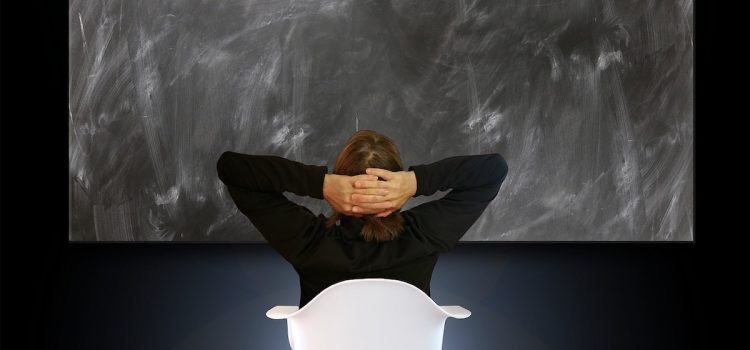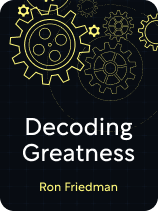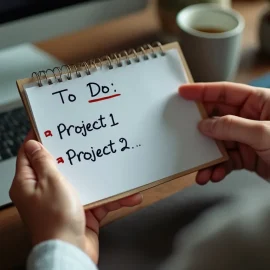

This article is an excerpt from the Shortform book guide to "Decoding Greatness" by Ron Friedman. Shortform has the world's best summaries and analyses of books you should be reading.
Like this article? Sign up for a free trial here.
What if you could practice doing something by just using your imagination? What makes mental rehearsal so effective? What’s the right way to do it?
If you want to get better at something, it makes sense that you need to practice. But Ron Friedman argues that it’s easy to practice incorrectly or inefficiently. So, to avoid wasting your time and effort, he offers several guidelines for effective practice. One of these is to mentally rehearse.
Continue reading to learn how to use mental rehearsal to improve any performance.
Mental Rehearsal
In addition to physical practice, Friedman recommends that you mentally rehearse prior to your actual performance. To do so, he suggests imagining your performance as specifically as you can, including the time and place, the sensory details you expect to encounter, and the nuances of the behaviors you’ll need to perform. For example, if you’re about to prepare a complicated meal for guests, you might imagine each step of the cooking process, from gathering your ingredients to chopping vegetables to finishing a sauce and plating each course.
Friedman argues that this kind of imagery can improve your actual performance in several ways:
- It locks down important details, such as the steps you’ll need to perform or the skills you’ll need to employ. For example, it’s a chance to “practice” that tricky tournée cut one last time before you actually let loose on your potatoes.
- It prepares you for the stressors and challenges you’ll likely face. For example, your kitchen will still be too hot and you’ll still be pressed for time, but you might be less stressed because you anticipated these extra challenges.
- It helps you strategize because you’ll foresee potential problems and find ways to avoid or compensate for them. If your sauce doesn’t turn out, for instance, you’ll be less likely to panic if you anticipated that possibility and you’re prepared to fix it or modify the dish.
Friedman cautions that, when using this kind of imagery, it’s important to imagine your performance, not your success—in other words, imagine the specific behaviors you’ll perform in the kitchen, not how good the food will taste or how proud you’ll feel when serving your guests. He points to a study showing that visualizing success actually makes your performance worse. That’s because when you imagine yourself succeeding, you get an emotional payoff that tricks your brain into thinking you have already succeeded. This payoff lowers your motivation and makes you more complacent, which ultimately makes you less effective.

———End of Preview———
Like what you just read? Read the rest of the world's best book summary and analysis of Ron Friedman's "Decoding Greatness" at Shortform.
Here's what you'll find in our full Decoding Greatness summary:
- The secret shortcut to elite performance and creative innovation
- How to reverse engineer someone else's work to create your own
- How to lower the stakes of failure by mitigating your creative risks






